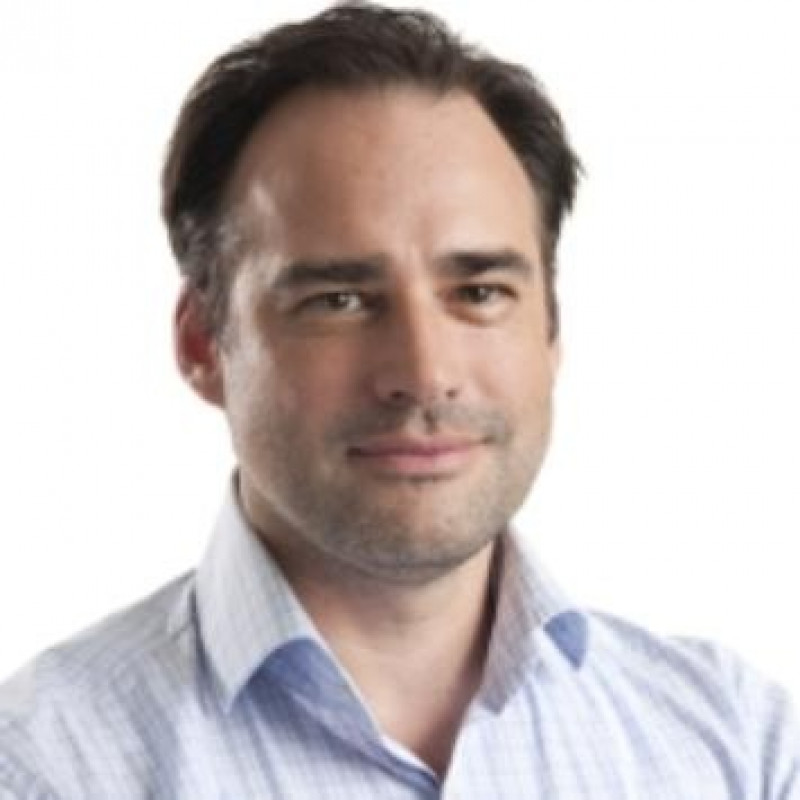Event Details

Join Zoom Meeting
https://us02web.zoom.us/j/5881861923?omn=85945744831
Meeting ID: 588 186 1923
Topic description / abstract:
The Danube and other rivers are essential infrastructures of modern societies, they are waterways and sites of electricity generation but also for nature conservation, in specific stretches by some perceived as pristine wilderness even. These riverine landscapes, however, are the result of an astonishing process that around 250 years ago spread from Europe across our world – a process called “industrialization”. Environmental historians like me aim to understand what difference industrialization has made in past mutual relations “between humans and the rest of nature” (JR McNeill). This requires approaches that combine history with biology, avoiding intellectual dead ends and pitfalls of previous such attempts. During my time at the KLI, I realized that environmental history and evolutionary biology could learn a lot from each other, that how “evolution evolves” (cp. Lala et al. 2024) as a field brings forth important ideas like niche construction to also rethink the transformative changes from the 19th century onwards.
Industrialization can be described as a gene-culture co-evolutionary process in humans interacting with other species, it relied on parts of animal bodies as belts and lubricants in novel machines, it has favored specific traits of organisms useful in industrial processes and has led to gene-culture arms races of pest control or antibiotics resistance. In my talk I will use and introduce ideas from environmental history. Ed Russell's ‘Evolutionary History’ and concepts like our ‘socio-natural sites’ help to analyze causes, course and consequences of industrialization by integrating different disciplines. The Danube is the main example I use from our research at BOKU University to make a simple point - that industrialization deserves much more attention by historians and biologist alike.
Biographical note:
Martin Schmid is environmental historian with a background in history and archaeology. His work focuses on rivers, cities, wars and forests and how ecology, society and culture are intertwined in these phenomena over time. He is associate professor at the Institute of Social Ecology at BOKU University and teaches at the University of Vienna, both historians and biologists. He earned his PhD in history from the University of Vienna, got his habilitation in environmental history from Alpen-Adria University Klagenfurt, and has been affiliated to the Rachel Carson Center of LMU Munich; being a guest fellow at KLI in autumn and winter 2024/25 was one of the most enjoyable experiences in his academic life so far.


